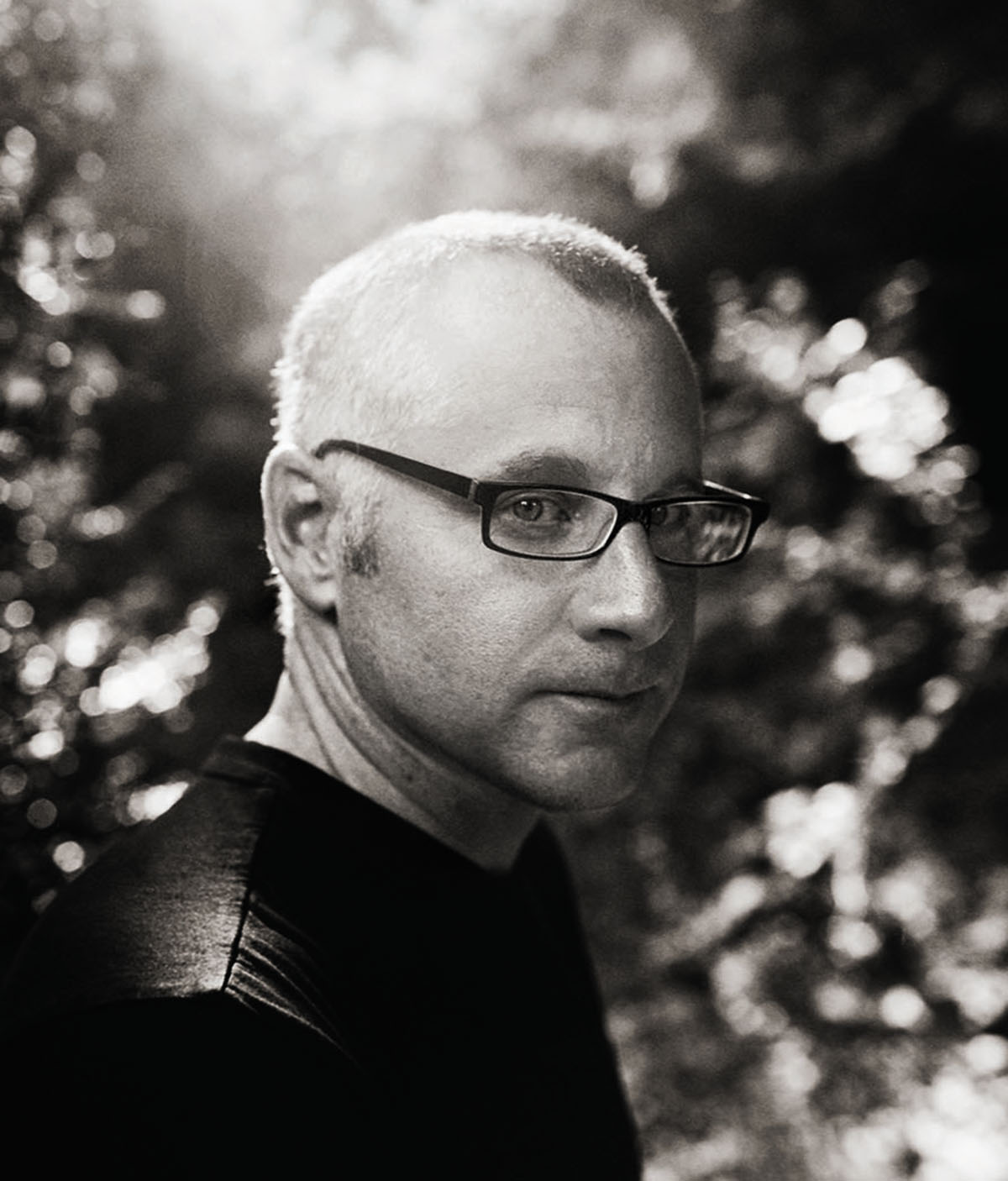Person of Interest: Tom Perrotta

PHOTO BY MARK OSTOW
Tom Perotta to fame. The Belmont author has six acclaimed novels under his belt. His script for Little Children, his second book made into a movie, earned him an Oscar nomination. The New York Times dubbed him “an American Chekhov.” But when the Boston Book Festival distributes 30,000 free copies of one of his stories this month, he’s likely to reach a whole new level of recognition. “I’ve never been on the Oprah book club,” he says, “and that’s the only thing that could beat this.” As you read this, copies of Perrotta’s story “The Smile on Happy Chang’s Face” are being delivered to T stations and coffee shops around the city (the piece is also available at bostonbookfest.org). And if all goes according to plan, the story will spark a kind of citywide book group, elbowing its way into water-cooler conversations the way last weekend’s Pats game did. “In the utopian dream of mine, stories and novels will be as much a part of the common conversation as TV shows,” says Perrotta. “I think [the story] will lead to different sorts of discussions than might arise from TV.” He’ll find out for sure on October 16, when he takes questions at the festival’s open-to-all discussion.
“Happy Chang” should definitely get people’s attention. Set on a Little League diamond, it nonetheless hits on grown-up issues such as domestic abuse, homophobia, and the tendency of otherwise-mellow suburban parents to brawl at their kids’ games. As the father of two youth soccer players, Perrotta understands a little of that phenomenon. “It’s easy to shake your head about the extreme cases,” he says. “But it’s a whole other thing to discover that you yourself are all worked up about some eight-year-old kids running up and down the field.”
Of course, as a dad, Perrotta knows that people don’t always do their reading homework, but that won’t dampen his enthusiasm. “Generally, short stories are limited to a self-consciously literary audience. It’s really exciting that this is much more communal and democratic,” he says. “The idea that it will be handed to people like a newspaper — what writer doesn’t have that fantasy?”